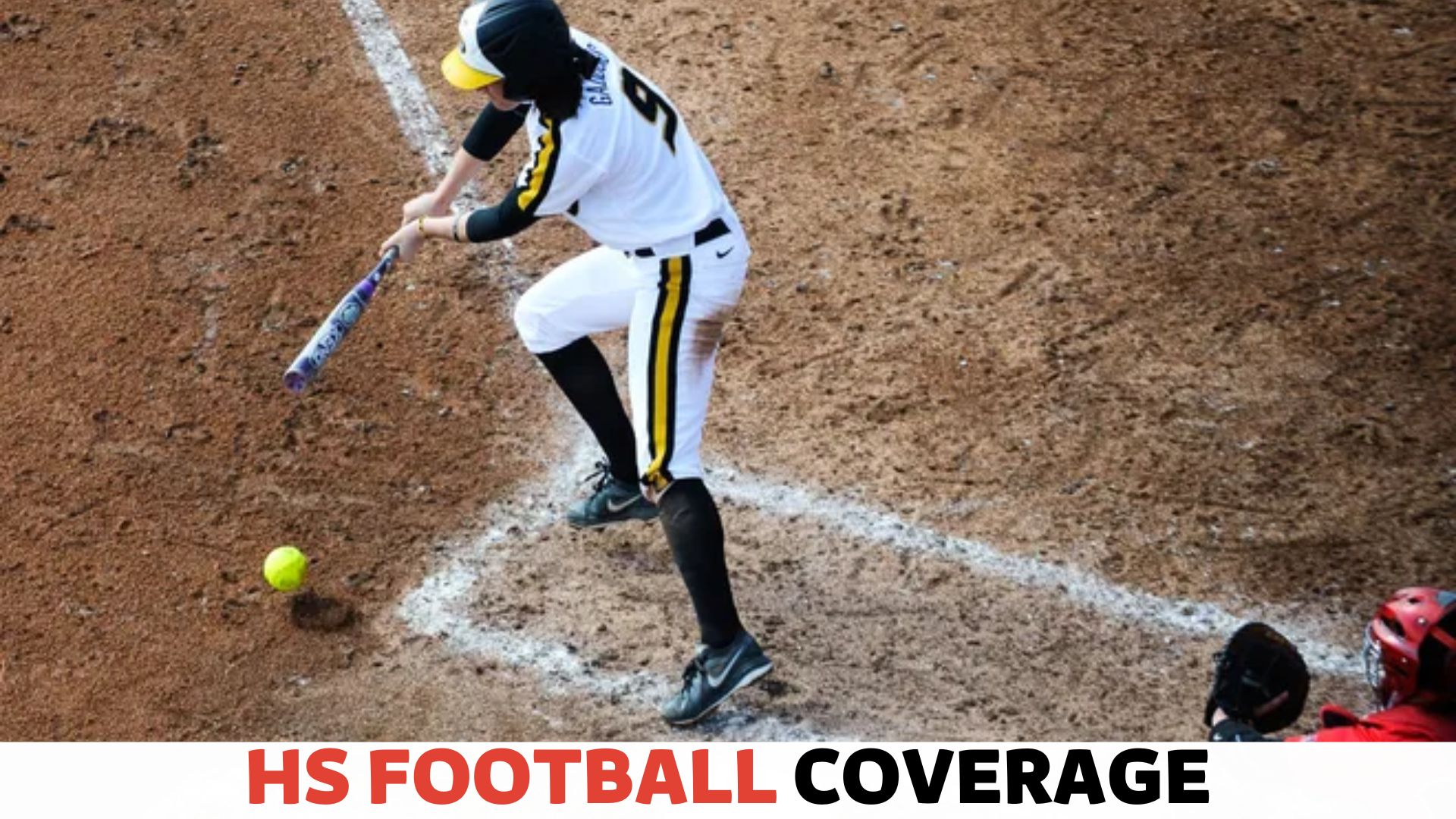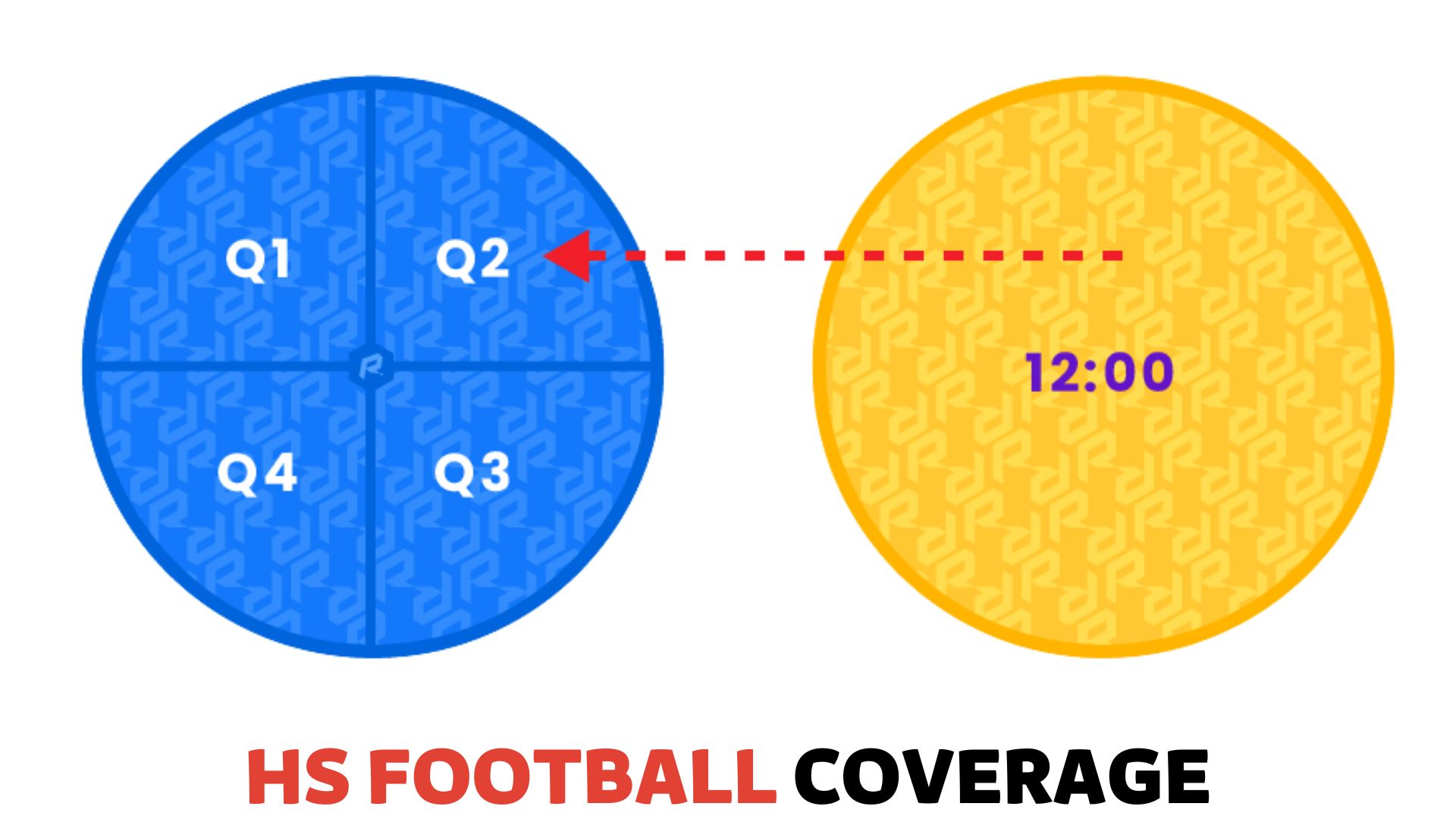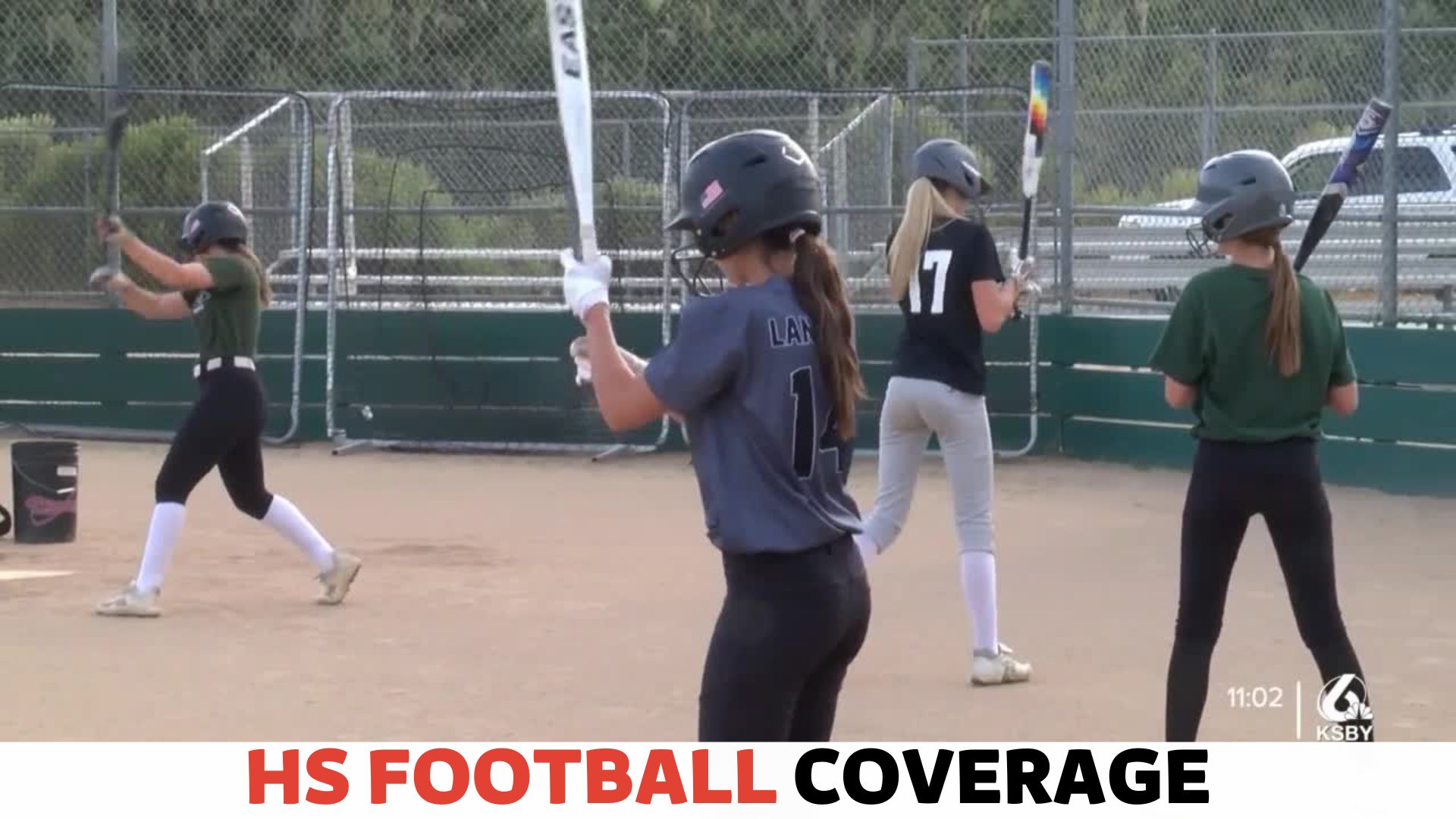In high school baseball, the Mercy Rule is a regulation that ends a game early if one team has a significant lead of 10 or more runs after a certain number of innings. This rule is implemented to ensure fairness, prevent unnecessary humiliation, and conserve time and energy.
It allows the losing team to avoid further demoralization and the winning team to secure a victory without prolonging the game excessively. The Mercy Rule is increasingly being adopted in high school baseball leagues across the country, aligning with the principles of sportsmanship and participant welfare.
Understanding the Mercy Rule is essential for players, coaches, and spectators alike, as it impacts the dynamics and outcome of the game.
Understanding The Mercy Rule
In high school baseball, the Mercy Rule is a regulation that can greatly impact the outcome of a game. It is important for players, coaches, and fans to understand how this rule works, as well as its purpose and benefits. This article will provide a comprehensive understanding of the Mercy Rule in high school baseball.
What Is The Mercy Rule And Why Is It Important In High School Baseball?
The Mercy Rule in high school baseball is a rule designed to prevent excessive or unnecessary extended play in games where one team is significantly ahead. Its main purpose is to ensure fairness, sportsmanship, and the well-being of the players involved.
When one team has a substantial lead over the other, continuing to play can be demoralizing and potentially even unsafe for the losing team. The Mercy Rule allows for an early end to the game, preventing further impact on the outcome while preserving the integrity of the sport.
How Does The Mercy Rule Work?
The application of the Mercy Rule may vary slightly depending on the specific league or association. Generally, the rule comes into effect when a certain point difference is reached by a certain inning.
| Inning | Point Difference |
|---|---|
| 4th | 10 runs |
| 5th | 8 runs |
| 6th | 6 runs |
| 7th | 5 runs |
For example, if one team is leading by 10 or more runs at the end of the fourth inning, the Mercy Rule may be enforced, resulting in an early conclusion of the game.
It is important to note that this rule is not applied in playoff or championship games, where the outcome of the game holds significant importance.
The Purpose And Benefits Of Implementing The Mercy Rule In High School Baseball.
The primary purpose of implementing the Mercy Rule in high school baseball is to prevent unnecessary embarrassment, frustration, and extended play in games where one team is dominant. By ending the game early, the rule helps maintain a positive and respectful atmosphere for all players and teams involved.
Some notable benefits of the Mercy Rule include:
- Protecting the well-being of players: By stopping a game that has already been decided, the Mercy Rule helps prevent fatigue and potential injuries that may occur during extended play.
- Promoting sportsmanship and fairness: Ending a game that has clearly reached an imbalanced point difference fosters sportsmanship and ensures fairness for both teams.
- Saving time and resources: In instances where the game outcome is beyond doubt, enforcing the Mercy Rule allows teams to conserve energy and resources for future games.
The Mercy Rule, while serving the purpose of concluding an unbalanced game, also teaches important life lessons to young athletes about humility, respect, and resilience.
The Impact Of The Mercy Rule On Players And Coaches
The Mercy Rule in high school baseball has a significant impact not only on the outcome of the game but also on the mindset and performance of both players and coaches. Understanding how this rule affects the players’ mentality, the strategies coaches employ, and the overall importance of sportsmanship and valuable lessons can provide valuable insights into the dynamics of the game.
How Does The Mercy Rule Affect The Mindset And Performance Of Players?
The Mercy Rule, which allows for the premature ending of a game if one team is significantly outscoring the other, can have a profound effect on the mindset and performance of the players involved. When a team realizes that they are on the losing end of a lopsided game, their motivation and confidence may dwindle. This fluctuation in mindset can lead to a decrease in effort and performance as players might feel demoralized, resigned to defeat, or even embarrassed.
In addition to the psychological impact, the Mercy Rule can also limit the opportunities for players to learn and improve. As games are cut short, players have fewer chances to practice their skills, develop strategies, and overcome challenges. This lack of playing time can impede their progress and hinder the overall growth of the team.
Strategies Coaches Use When Faced With The Mercy Rule.
Coaches play a pivotal role in guiding their team through the Mercy Rule. When faced with the possibility of a premature end to the game, coaches often adjust their strategies to make the most of the situation. Firstly, they may choose to focus on specific skills or areas that need improvement, utilizing the remaining time to hone certain aspects of the game such as pitching techniques, base running, or defensive strategies.
Another strategy commonly employed by coaches is to emphasize sportsmanship and teamwork. Instead of dwelling on the score difference, coaches encourage players to show respect for their opponents and maintain a positive attitude. This not only promotes good sportsmanship but also helps players develop important life skills such as resilience, humility, and empathy.
The Importance Of Sportsmanship And Teaching Valuable Lessons Through The Mercy Rule.
The Mercy Rule serves as a reminder of the significance of sportsmanship and teaching valuable lessons to young athletes. While winning is undoubtedly important in sports, the Mercy Rule presents an opportunity to prioritize fairness, respect, and integrity above everything else. Through this rule, players learn that winning and losing are both integral parts of any competition, and how they handle defeat gracefully shapes their character and maturity.
Besides character development, the Mercy Rule also provides coaches with a chance to teach important life lessons. They can emphasize the importance of perseverance, setting goals, and learning from setbacks, ultimately preparing players for challenges they may face in their personal and professional lives.
The Mercy Rule in high school baseball not only affects the game itself but also plays a role in molding the mindset and character of the players and coaches involved. Understanding the impact this rule has on players’ performance, the strategies coaches employ, and the lessons taught through sportsmanship can help create a positive and meaningful experience for everyone on the field.
Controversies Surrounding The Mercy Rule
The Mercy Rule in high school baseball has sparked a series of controversies. This rule allows a game to end prematurely if there is a significant point difference between the two teams.
Criticisms And Arguments Against The Application Of The Mercy Rule
While the Mercy Rule in high school baseball aims to prevent lopsided games and protect the physical and emotional well-being of players, it is not without its fair share of critics. Various arguments have been put forth against the application of the Mercy Rule, questioning its effectiveness and impact on the overall game experience.
One of the primary criticisms revolves around the idea that implementing the Mercy Rule undermines the spirit of competition. Opponents argue that by ending games early, teams are not given the opportunity to learn from their mistakes or mount a comeback. They believe that allowing games to play out until completion encourages resilience and teaches valuable life lessons, such as perseverance and sportsmanship.
Another argument against the Mercy Rule is the concern over its potential to diminish player motivation and engagement. Critics suggest that if athletes are aware that a match can be ended prematurely once a certain score differential is reached, they may lose their drive to push themselves and improve their performance. This, they argue, can lead to a decline in the quality of play and hinder the development of players’ skills and abilities.
Examining The Fairness And Competitive Balance Concerns
In addition to criticisms against the Mercy Rule, concerns about fairness and competitive balance have emerged within the realm of high school baseball. Opponents argue that the application of the Mercy Rule may result in unequal outcomes for teams, particularly in terms of statistics and player performance.
One concern cited is that the Mercy Rule could artificially inflate or deflate certain performance metrics. For example, if a team is winning by a significant margin and the game is prematurely ended, players on that team may have fewer opportunities to showcase their skills and accumulate statistics such as hits, runs, or strikeouts. On the other hand, players on the losing team may be denied the chance to minimize their personal statistics, which could impact college recruitment opportunities or personal goals.
Moreover, critics argue that the Mercy Rule may impact the accuracy of power rankings or seeding for post-season tournaments. By ending games early, the margin of victory or defeat may not accurately represent the true strength of a team, potentially leading to unfair rankings or seeding in playoff scenarios.
Debunking Misconceptions About The Mercy Rule
Despite the controversies surrounding the Mercy Rule, it’s important to address the misconceptions that sometimes arise. One common misconception is that the Mercy Rule is solely about protecting losing teams from further embarrassment. While sparing players from an extended period of defeat is a factor, the primary purpose of the Mercy Rule is to prioritize player safety and well-being on both sides of the game.
Furthermore, opponents of the Mercy Rule may argue that it fosters a “participation trophy” mentality, where winning teams are penalized for their dominance. It is essential to note that the Mercy Rule does not undermine the accomplishments of successful teams. Instead, it recognizes the importance of maintaining a balance between competition and the physical and mental welfare of athletes.
The Mercy Rule Across Different States And Leagues
Within the realm of high school baseball, the Mercy Rule serves as a means to maintain a fair and balanced competition and prevent unnecessarily lopsided scores. Although its primary goal remains consistent across different states and leagues, its implementation and specific details can vary. Let’s explore the variations, contrasting approaches, and how the Mercy Rule influences scheduling and tournament play.
Variations In The Implementation Of The Mercy Rule
The implementation of the Mercy Rule can differ from state to state and even within different leagues. The main objective is to end the game prematurely when one team has established a large enough lead, ensuring the game does not continue to a point where the outcome is virtually inevitable. However, the specific run differential and innings required to activate the Mercy Rule can vary.
Contrasting Approaches Of Different States And Governing Bodies
While the Mercy Rule strives to provide a fair outcome, the approach taken by different states and governing bodies can be diverse. For example, some states may require a minimum number of innings to have been played before the Mercy Rule can come into effect. Meanwhile, other states may have specific run differentials that trigger the Mercy Rule, such as a 10-run lead after 5 innings.
Furthermore, the decision of whether to implement the Mercy Rule in regular-season games versus tournament play can also vary. Some governing bodies may enforce the Mercy Rule strictly in every game, regardless of the context, while others may reserve its use for tournament games to potentially extend the playing time and opportunities for teams.
How The Mercy Rule Affects Scheduling And Tournament Play
The Mercy Rule plays a significant role in shaping scheduling and tournament play. In regular-season games, the possibility of invoking the Mercy Rule can impact game strategies and the overall approach adopted by teams. Knowing that a comeback might be unlikely beyond a certain run differential, teams may adjust their tactics accordingly.
Regarding tournament play, the presence of the Mercy Rule can influence how teams are seeded and the overall flow of the competition. Teams that consistently demonstrate a strong performance and trigger the Mercy Rule in their favor may earn a higher seed, potentially leading to a more favorable path in the tournament bracket.
The Future Of The Mercy Rule In High School Baseball
The Mercy Rule has long been a topic of conversation in high school baseball circles. Designed to prevent one-sided games from dragging on, the Mercy Rule ends a game if one team is leading by a certain number of runs after a specified number of innings. This rule not only saves time but also protects players from injuries and helps maintain the integrity of the sport.
Evaluating Potential Changes Or Modifications To The Mercy Rule
As the game of baseball evolves, it is crucial for the Mercy Rule to adapt and meet the changing needs of the players and the sport itself. Evaluating potential changes or modifications to the Mercy Rule is necessary in order to keep the game fair and engaging for both teams. Some areas that may be explored include:
- Adjusting the run differential and inning requirements of the Mercy Rule to better reflect the skill level and competitiveness of high school baseball.
- Implementing a mercy rule based on a combination of run differential and time remaining in the game, rather than only considering runs and innings.
- Allowing teams to request a continuation of the game, even if the Mercy Rule is in effect, to give them an opportunity to rally and showcase their determination.
Examining The Impact Of The Mercy Rule On Player Development
The Mercy Rule plays a crucial role in player development in high school baseball. It provides an opportunity for players to learn valuable lessons such as perseverance and sportsmanship, even in the face of a lopsided score. By examining the impact of the Mercy Rule on player development, coaches and organizers can ensure that the rule enhances skills and fosters a positive playing experience. Key aspects to consider include:
- The psychological effects of experiencing Mercy Rule outcomes and how it can impact players’ confidence and motivation.
- The inclusion of additional training programs or practice sessions to help players improve their skills and minimize the occurrence of Mercy Rule situations.
- The implementation of mentorship programs that pair more experienced players with those who may be struggling, fostering a supportive environment and encouraging growth.
The Role Of The Mercy Rule In Promoting Inclusivity And Participation In High School Baseball
The Mercy Rule serves as a tool to promote inclusivity and participation in high school baseball. It ensures that players of all skill levels have the opportunity to compete and contribute to their team’s success. By examining the role of the Mercy Rule in promoting inclusivity and participation, schools and organizations can create a more welcoming and inclusive baseball environment. Some considerations in this regard may include:
- Encouraging coaches to focus on skill development and sportsmanship rather than solely on winning, creating a supportive and non-judgmental atmosphere for all players.
- Implementing training and coaching strategies that cater to players with varying abilities and experience levels, allowing everyone to participate and contribute.
- Promoting positive reinforcement and recognition of players’ efforts, regardless of the outcome of the game, to foster a sense of belonging and motivation.
Conclusion
The mercy rule in high school baseball is a crucial aspect of the game that prioritizes fairness and sportsmanship. It allows for a quicker end in lopsided matchups, preventing undue exhaustion for players involved. Understanding the mercy rule not only enhances one’s knowledge of the sport but also fosters a deep appreciation for the values it upholds.
By promoting respect and fairness, the mercy rule ensures an enjoyable and balanced experience for all participants in high school baseball.















